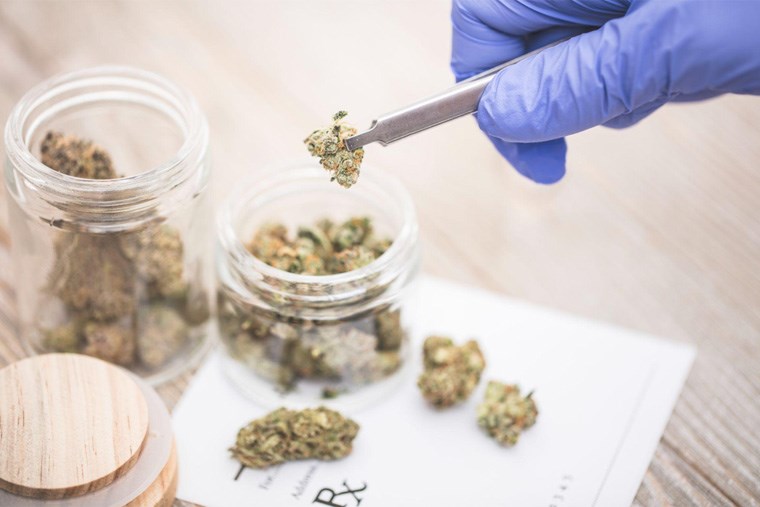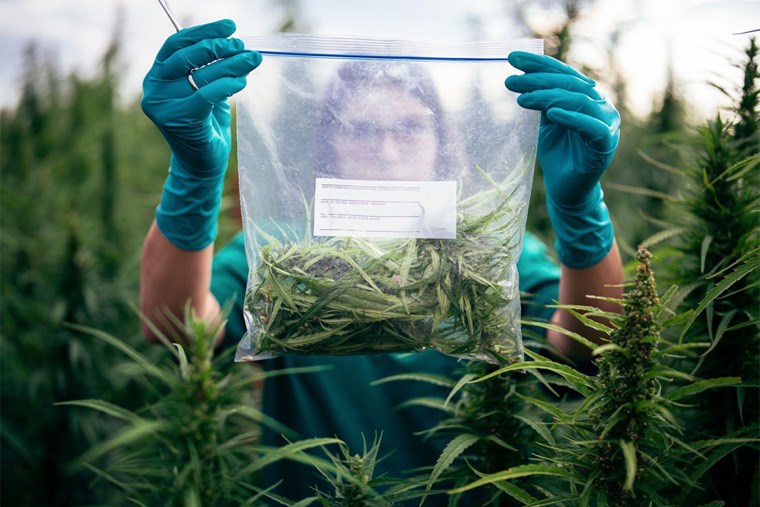Cannabis has a long and fascinating history. It has created a thriving industry and has also been used as a political tool. Learn the history of cannabis, its usage, and the science — facts that will increase your appreciation for this storied plant.
Beer and Cannabis are Related?
Ever noticed that certain beers and cannabis sometimes taste or smell similar? That’s because they are, indeed, related. The organic compounds responsible for the various flavours and fragrances are called terpenes. In cannabis, this compound gives it its citrusy, skunky, and earthy quality — such as limonene, myrcene, and pinene. That taste is also found in those fancy IPAs served at your neighborhood brewery!
California Was the First to Ban — and to Legalize!
Believe it or not, the state synonymous with cannabis culture was also the first U.S. state to prohibit its usage! In 1913, California added cannabis to an existing ban on the sale or use of cocaine or opiates, such as opium and morphine, without a prescription. Coming full circle, in 1996, California eventually became the first state to legalize medicinal cannabis.
Sativa, Indica, and...Ruderalis?
Most people focus on sativa and indica when purchasing cannabis, but there’s also a third type, called cannabis ruderalis. It’s often forgotten because of its low THC content, which makes ruderalis a hemp plant. Though it lacks THC, ruderalis can grow in extremely harsh conditions, with little sunlight and using autoflower seeds. Making a crossbreed with sativa or indica is possible, and it could enhance those strains with ruderalis’s hardy traits.
Cannabis — a Foreign Substance
In the early 1900s, cannabis opponents chose the Spanish term “marijuana” to describe weed. Cannabis use was often associated with minorities, which tied the drug to anti-immigrant and racist views in America. Harry J. Anslinger, the head of the Federal Bureau of Narcotics, used the term to make irrational and racist claims that tapped into racial stereotypes and fears of the time. Now it is generally referred to as “cannabis.”
Uruguay Leading the Pack
In December 2013, Uruguay became the first country to legalize cannabis. Their legal weed movement paved the way for legalization in other countries, like Canada and South Africa. Cannabis is available to Uruguayans 18 and over, but tourists can't purchase any. However, options are limited, as very few pharmacies actually offer it due to external pressures.

The Black Market Still Thrives
Cannabis legalization has made recreational cannabis use possible. And in states where it has passed, many thought it would negatively impact the black market. It has actually done little to affect the illicit cannabis trade. One main reason is due to a lack of legal retail locations. In California, legal weed is only available in roughly 20% of the state’s municipalities.
Landrace Strains: Pillars of the Community
Cannabis strains that have grown naturally in specific areas are called landrace strains. These plants adapted to their environment and climate over thousands of years. Grown all over the globe, these strains can produce huge plants with even bigger yields. Today’s strains descended from landraces. Breeders looking to make new hybrids place high value on these strains, which include Lamb’s Bread and Hindu Kush.
Hemp for Victory!
In 1942, the U.S. Department of Agriculture produced a short film rallying farmers to grow more hemp to support the war effort. Then, they denied the existence of ever making such a film. It stayed under the radar until 1989 when several cannabis activists recovered and donated VHS copies of “Hemp for Victory!” to the Library of Congress.
Americans Like Cannabis
According to a survey conducted by Pew Research Center, fewer than 10% of U.S. adults say cannabis should not be legal at all. People who favored legalization often pointed to cannabis’s perceived medical benefits or that it would allow police to direct their efforts elsewhere. Opponents of legalization believed it would increase the number of car accidents due to intoxicated drivers or that it was a gateway to more addictive drugs.
Alleviating Cancer Symptoms
Some reports indicate that the chemical compound cannabidiol (CBD) can alleviate the side effects of cancer treatments, although the U.S. Food and Drug Administration (FDA) has not approved any to treat cancer or its symptoms. The FDA has, however, approved some products that use CBD oils for the treatment of epilepsy.
 This story was made possible by our Community Partners Program. Thank you Revive Cannabis for helping to expand local news coverage in Alberta. Learn more.
This story was made possible by our Community Partners Program. Thank you Revive Cannabis for helping to expand local news coverage in Alberta. Learn more.



